Slow acquires African Coffee Roasters – A New Era for Sustainable Coffee
Big news from Slow. African Coffee Roasters is now part of the Slow family. And this isn’t just an acquisition—it’s a major step forward in how...
Oct 23, 2024 - 2 min read
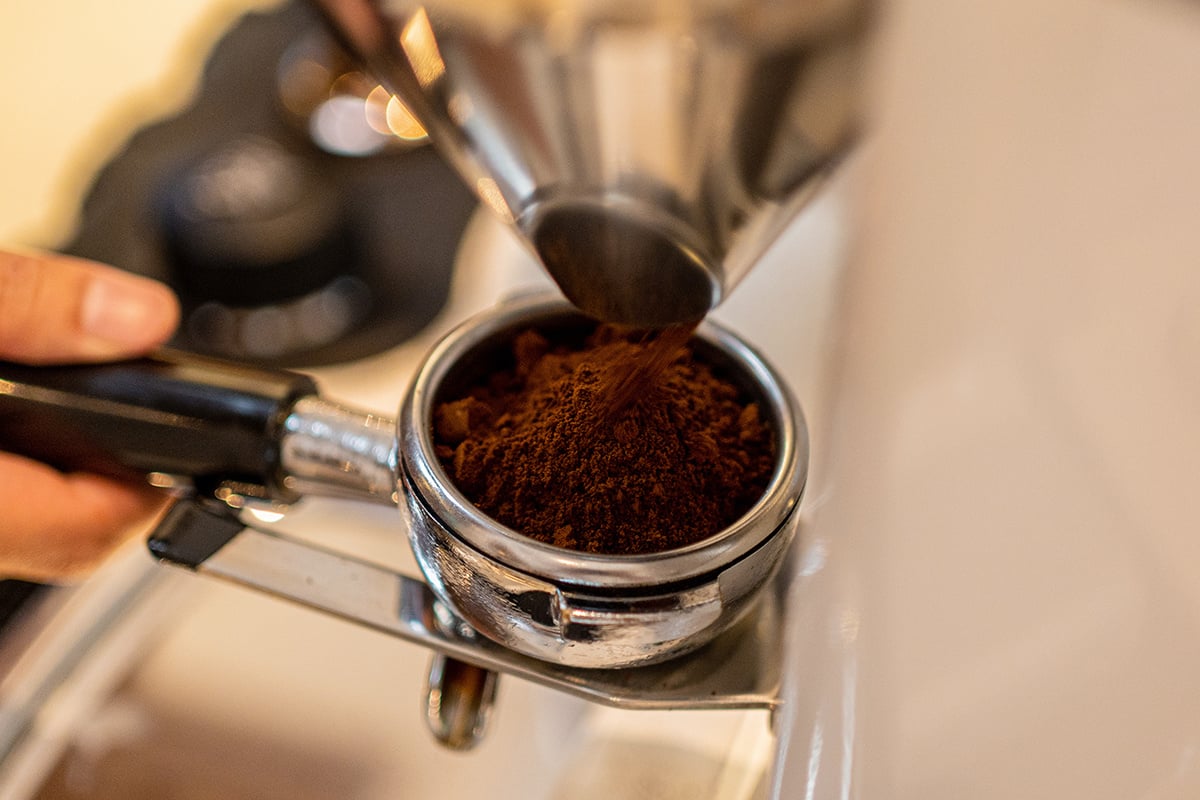
© Slow/ Dedy Febriyono
But why do we call it "java", and what's the story behind all these quirky names? Grab your cup, and let's explore how this beloved brew earned so many different titles.
The name 'Java' comes from the Indonesian island of the same name, which was one of the first places where coffee was cultivated on a large scale. Dutch traders brought coffee plants to Java in the 17th century, and the island became synonymous with quality coffee exports. Even today, "java" is shorthand for coffee, particularly in the U.S.
Ever wondered why people call coffee a "cup of joe"? The exact origin is debated. Some say it's named after U.S. Navy Secretary Josephus Daniels, who banned alcohol on ships, making coffee the strongest drink available. Another theory is that 'joe' simply refers to the "everyman", making a cup of coffee something that everyone, regardless of class or status, enjoys. Either way, 'joe' is now a friendly, universal term for a hot cup of coffee.
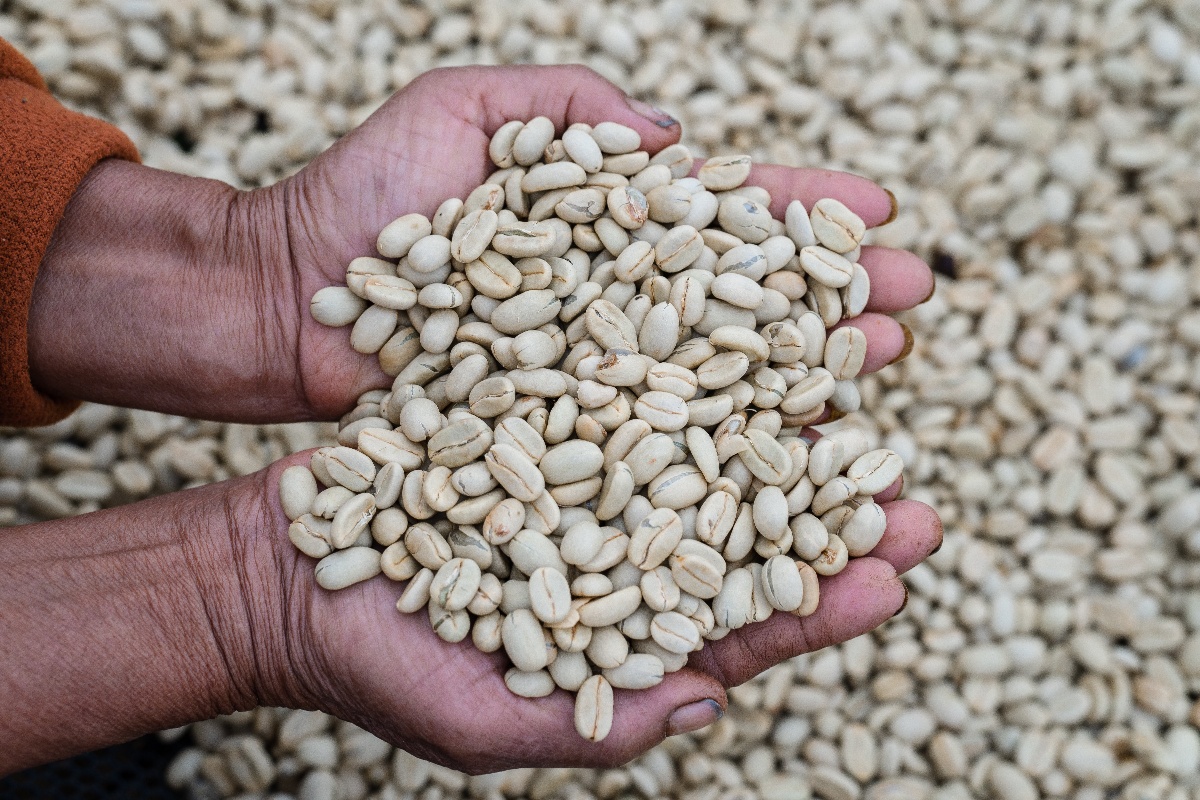
'Mocha' originally referred to a port in Yemen, Al Mokha, which was a hub for coffee trade in the 15th century. The coffee exported from this region had a distinctive chocolatey flavour, giving rise to the name 'mocha' being associated with coffee drinks that include chocolate, like the café mocha we know today.
This name comes from the Italian word meaning "expressed" or "pressed out", referring to the method of forcing hot water through finely-ground coffee beans at high-pressure. Espresso isn't just a drink but also the foundation for many popular coffee beverages, from cappuccinos to lattes.

In France, a simple cup of coffee mixed with hot milk is called a "café au lait." This name translates literally to "coffee with milk", much like the Italian "latte". Each country has its own twist on the comforting combination of coffee and dairy.
Around the world, coffee has many more names, often tied to local customs. In Sweden, you might enjoy a "kaffe", while in Ethiopia—the birthplace of coffee—locals call it "bunna." In Turkey, where strong, unfiltered coffee is a staple, it's simply "kahve".
From "java" to "joe", each name carries a bit of history and culture, showcasing coffee's long, global journey from exotic commodity to household favourite. So, the next time you sip your coffee, remember you're tasting more than just the flavour—you're experiencing centuries of culture and a global adventure packed into every cup.
Each name has a story, and every brew connects you to its rich, linguistic journey across the world.
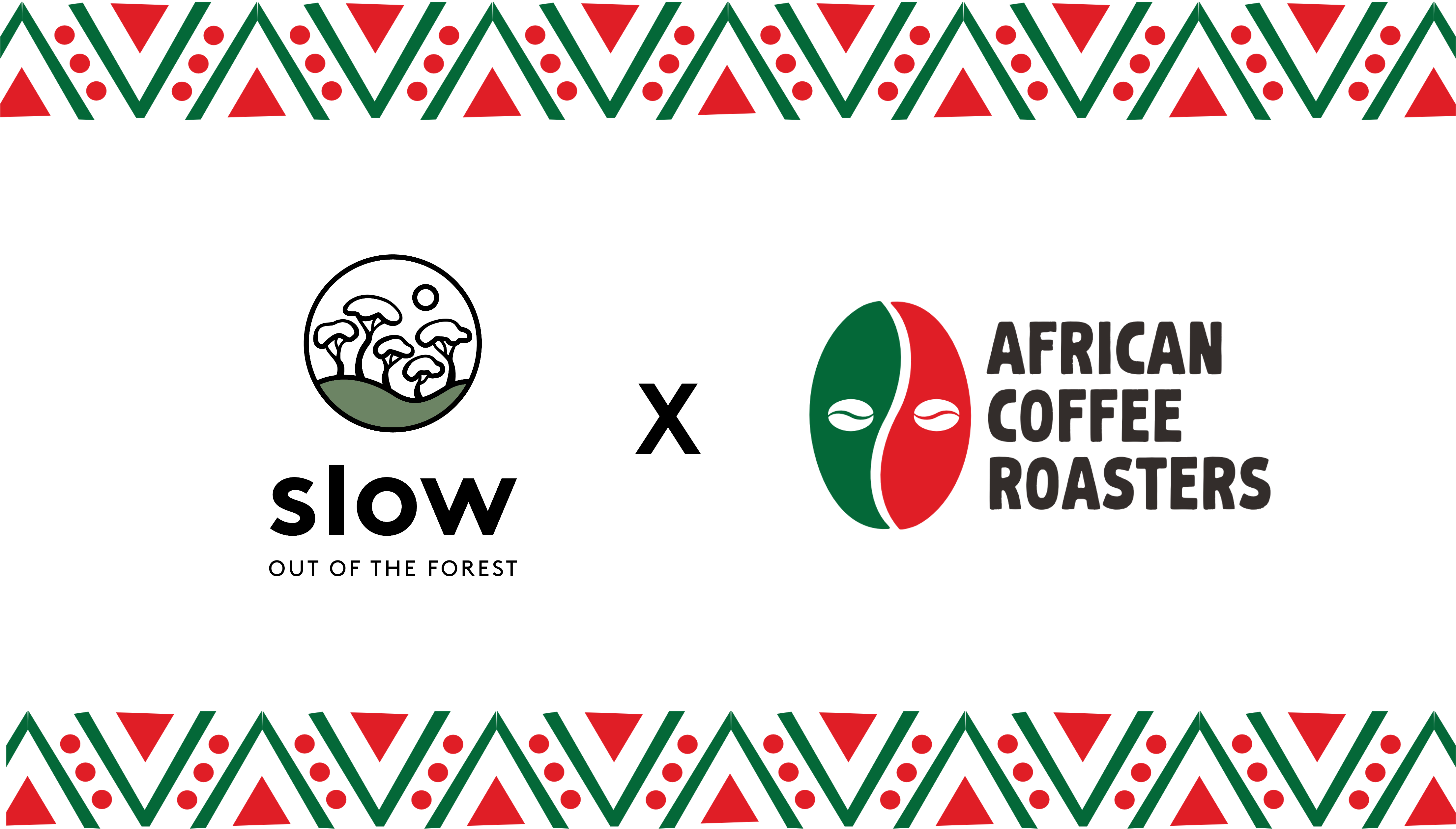
Big news from Slow. African Coffee Roasters is now part of the Slow family. And this isn’t just an acquisition—it’s a major step forward in how...
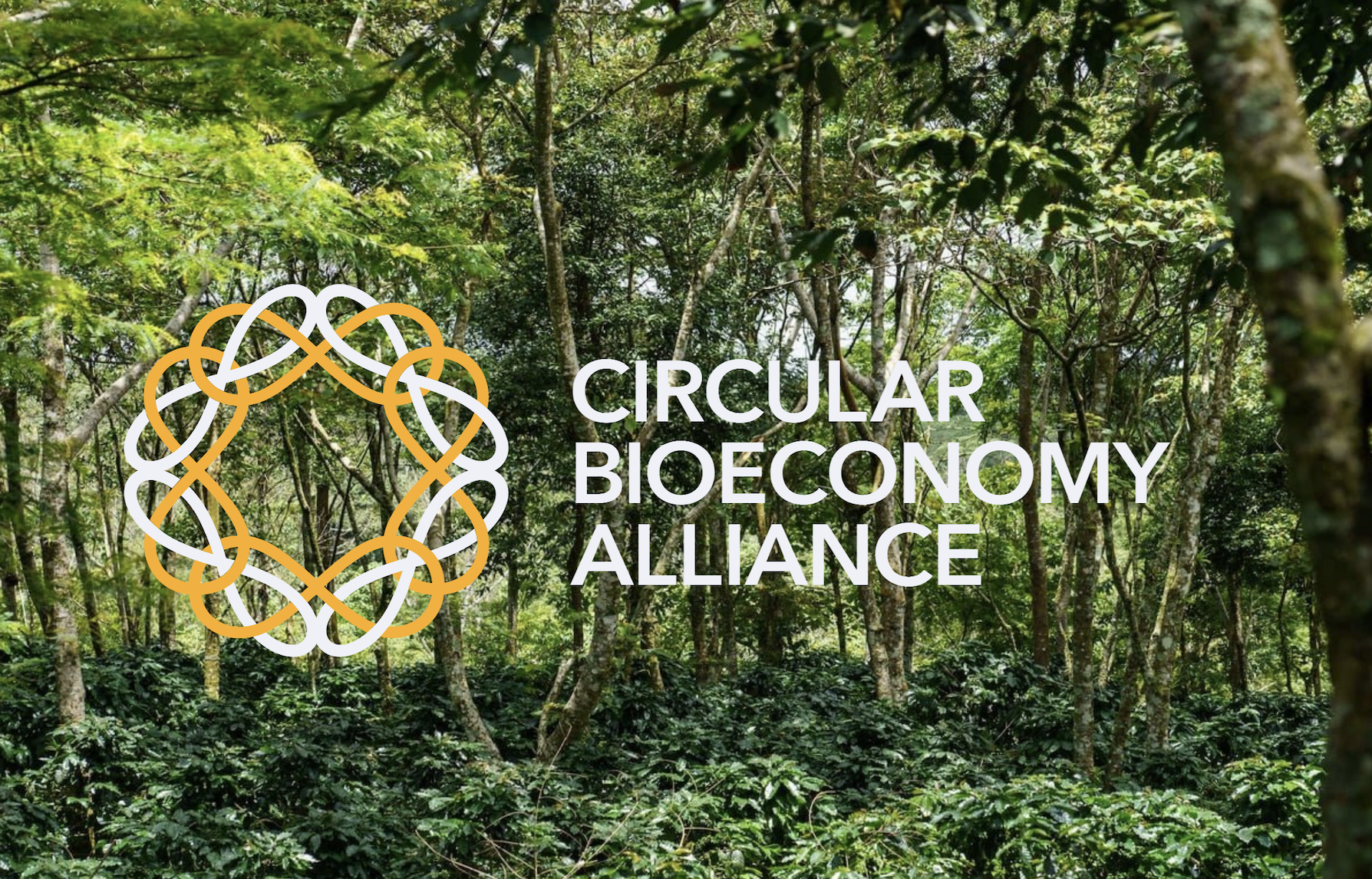
A few years ago, coffee and chocolate were just products. But at Slow, we’re changing the story. We’re not just selling beans and cocoa, we’re...
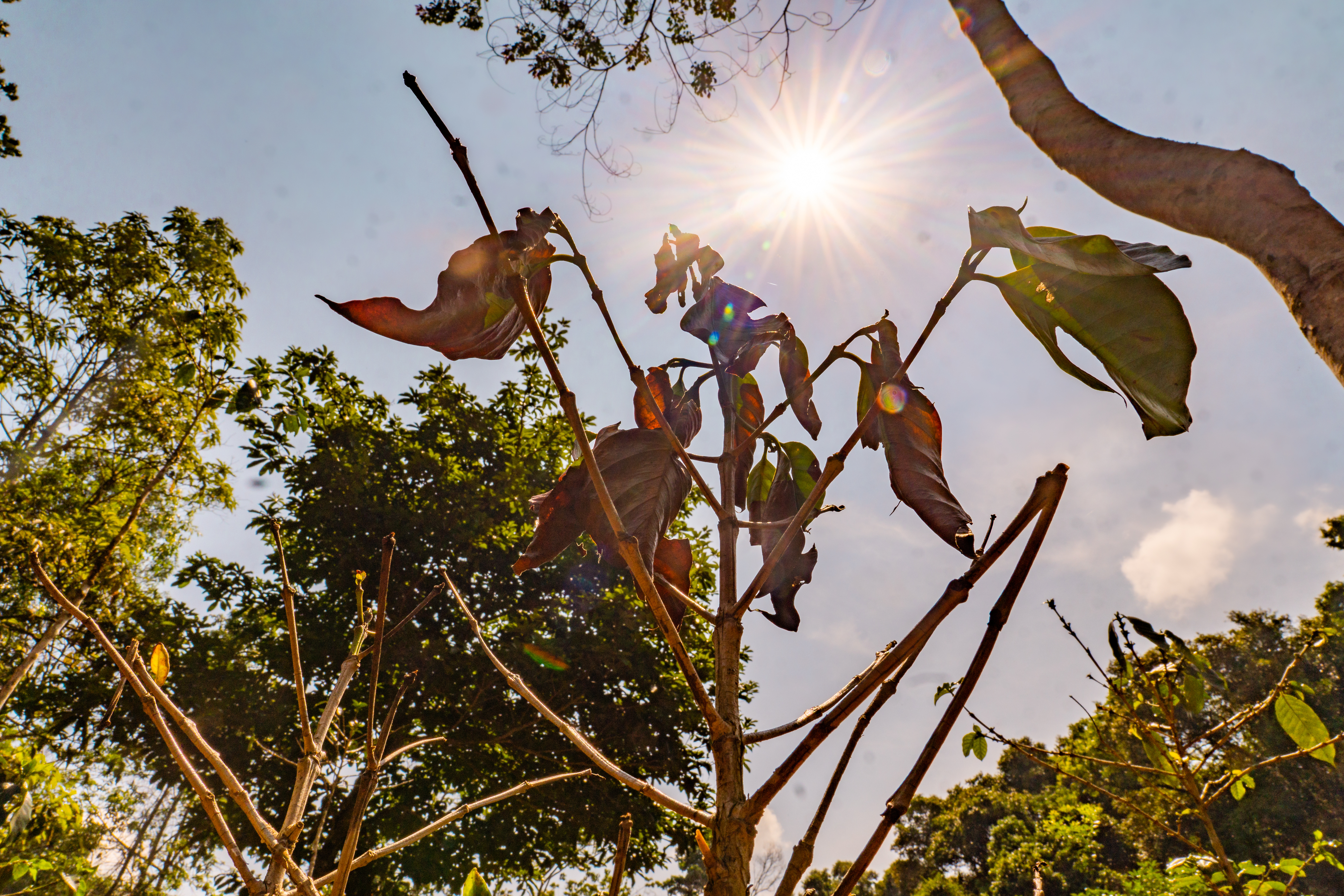
For years, coffee prices moved with supply, demand, and speculation. That equation has changed.